Introduction
Welcome to the Tattva School of Public and Creative Leadership.
We are developing version 2.0 of the core curriculum that aligns with our purpose. Here is a short introduction about the why and how:
Over the years, Tattva has made humble yet important strides in building an ecosystem that nurtures creative and public leaders who are inspired by dharmic ideas. This means, transitioning ourselves and our ideas from default consumers of the world's narratives, to creators of the world's narratives.
In that process, we have identified three leverage points that act as powerful engines for production; engines that we must focus on. If we are to move from default 'consumers' of the global narrative and conciousness, toward default 'creators' of it, we must build, scale and fortify these levers. These levers are:- people, ideas and spaces. If we can systematically work on these levers, over a sustained period of time, we can fulfill our purpose.
Of these, the 'People' engine is where the School plans to put its emphasis. This refers to sustainable and scalable methods of nurturing a whole generation of creative and public leaders. In the past, we've worked on building this through the various iterations of the ‘authorship’ programme, facilitating over 60 aspiring creatives through skill-based training. Whilst being a thoroughly rewarding and learning experience, we realised that a few fundamental changes needed to be made if we are to secure the long term purpose. In particular, a move towards a more tiered approach. (More information below)
The 'Ideas' engine refers to the in-depth exploration of ideas. To do this ina robust way, we must weave a trinity of thought and bring forth a new way of thinking - essentially formulating a new meta-narrative or 'knowledge-making framework'. This meta-narrative should inform apsects of life and society and (broadly) consist of:- culture (specifically, being informed of dharmic cultures), dharma (the ethics of knowing the right course of action in light of sustaining a system), and contemporary issues and stories. This loose trinity acts as a guide or blueprint in elevating our imagination. For example, when thinking about 'Climate Change Ethics', one must ask, "What does our culture say, literally and/or through inference?"; "What set of ethics can enable us to sustain the system we wish to preserve?"; and, "Am I informed of the current issues and debates?". From these questions, we can build a coherent narrative around climate change. Tattva literally means 'essence', and the foundation of our work is to encourage ourselves to explore the 'essence' of a given topic.
To accelerate the thrust of such ideas, we're running agile research hubs, bringing together creatives and thinkers in incubating and publishing working ideas across the 6 meta-themes of: - community, prosperity, governance, culture, creativity and worldbeing. Our most recent hub can be found here: Environment Hub.
The 'Spaces' engine refers to public-facing footholds that shape public opinion. These are spaces where institutions and publics interact. Spaces exert discursive power. In a broader sense, Spaces includes all manner of public-facing insititutions such as Academia, Education, Politics, Mass Media, Social Media, Advocacy, Book shops - all of which our pantheon of partner organisations are undertaking. A guide to discursive power can be found here: The Power Cube.
In our sense however, we specifically refer to the production of intellectual products, with a focus on book/journal publishing and literary festivals. Elephant Editions is our partner independent publisher, and are currently working with them to publish Beyond the Bindi.
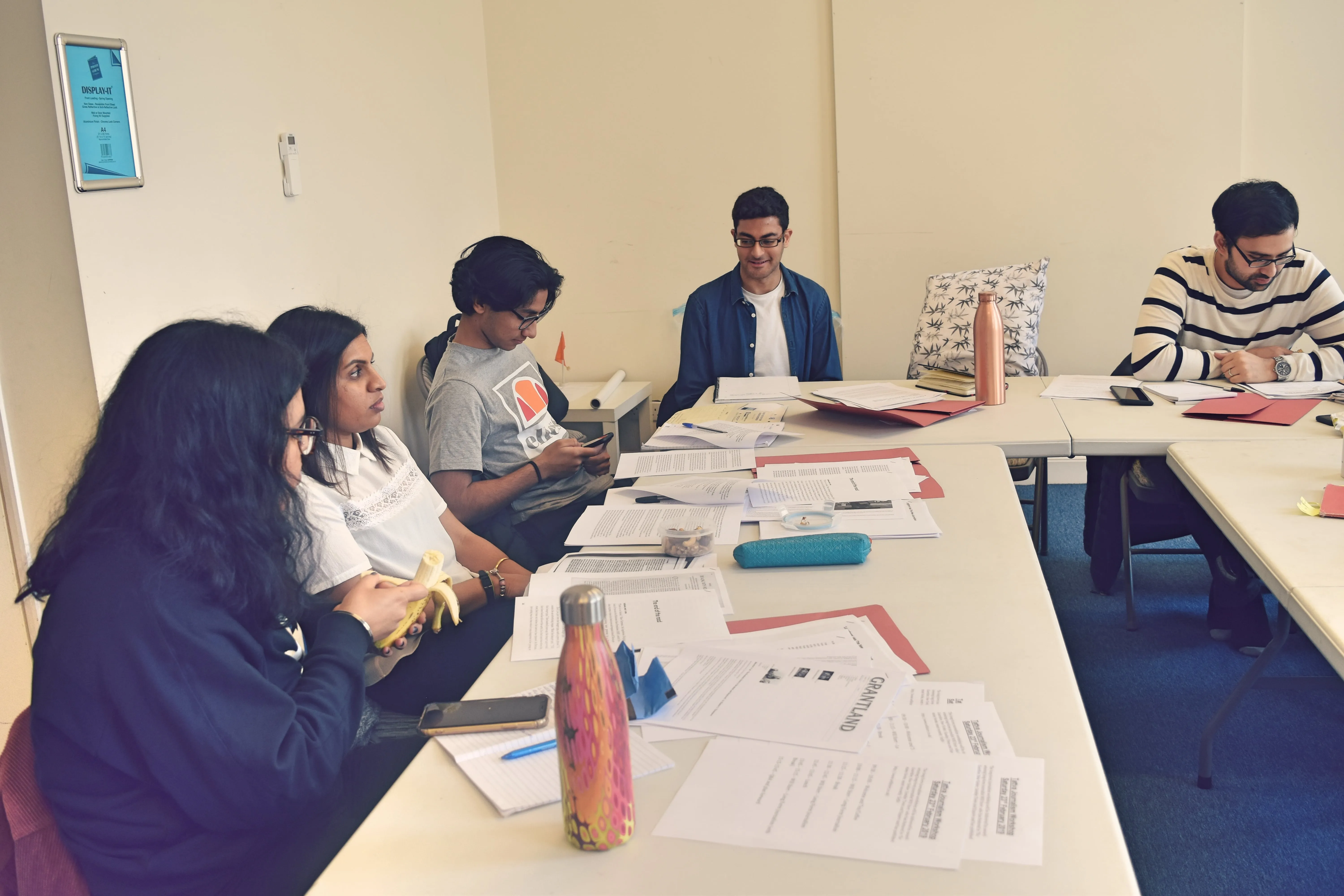
People
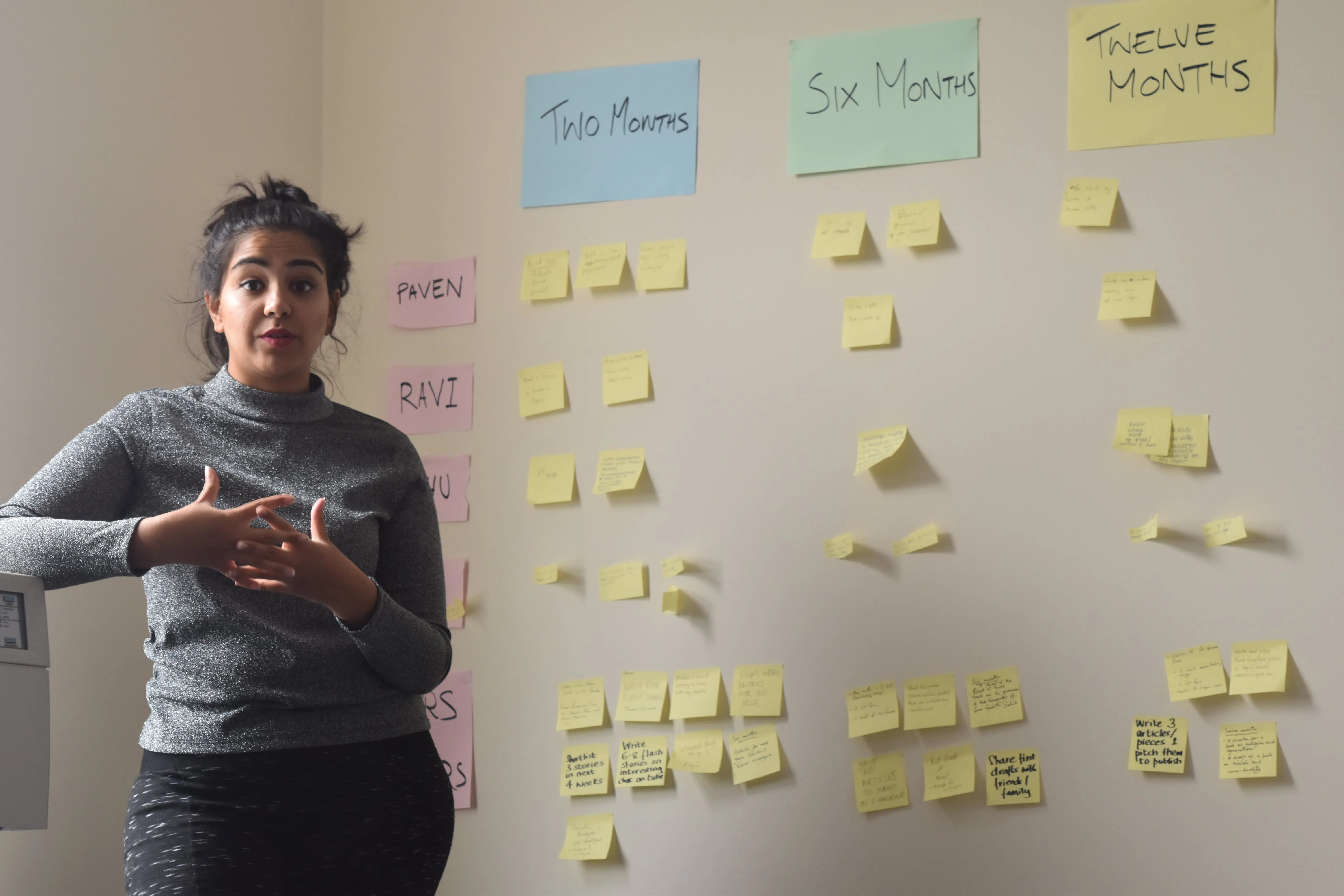
Ideas
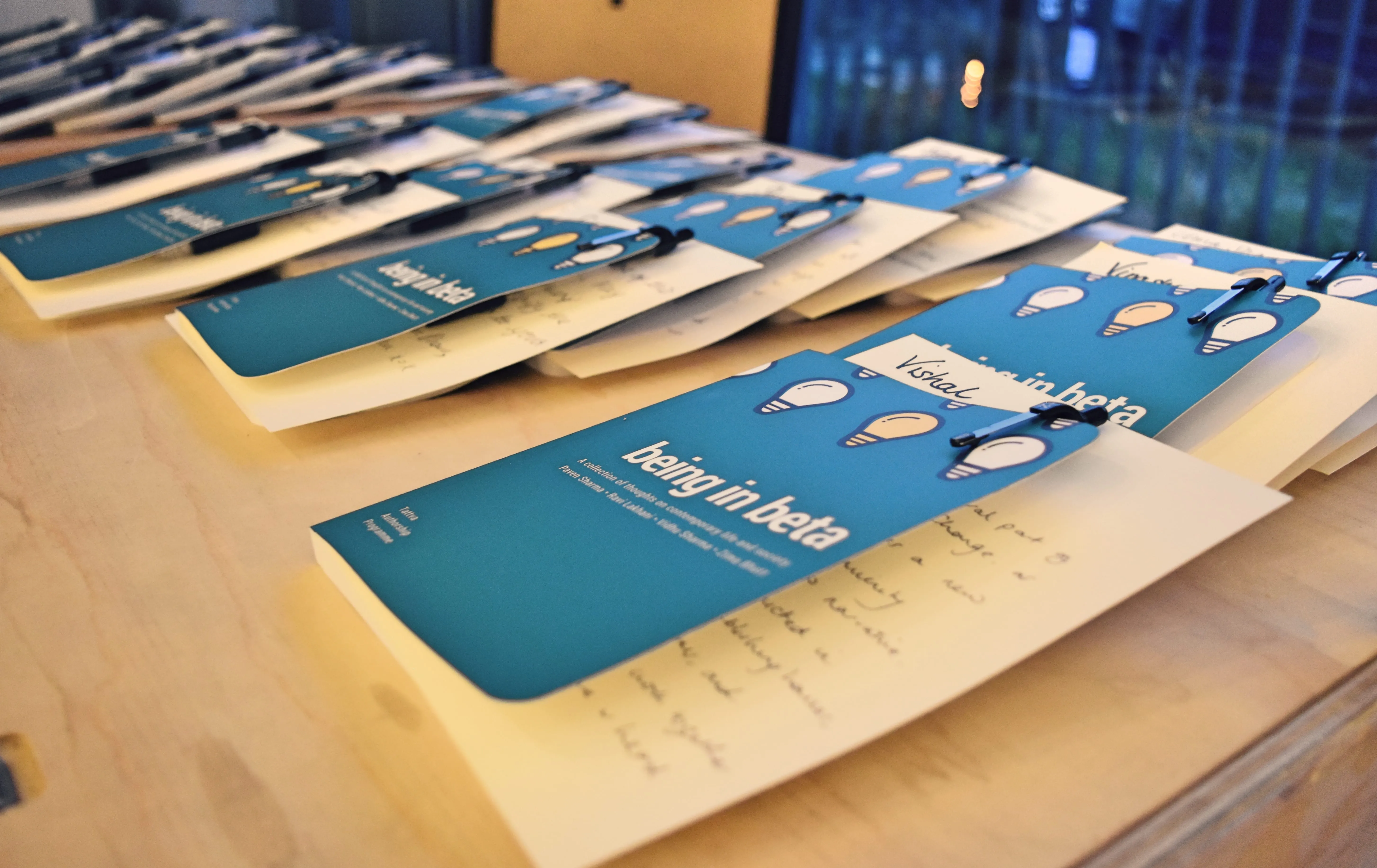
Spaces
Vision and Purpose of the School
In Ancient times, Rishis shared their wisdom to guide and elevate the imagination of public leaders. In turn, these leaders performed duties to ensure the sustenance and flourishing of society. In this day and age, the mandate for sharing such wisdom has been given to academia and increasingly, mass media. But has this worked in elevating societal conciousness? Are they acting as the arbiters of truth? Do we have a flourishing society?
One of the key limitations in our endeavours - as a dharmic community and a civilisation - in transforming society and global conciousness has been in securing a robust, impactful and sustainable engine for nurturing creative and public leaders; leaders defined by their deep insights and skill to articulate them. If we are to become creators of world narratives, we must institute this mechanism. There is no time like now.
We are at a 'civilisational moment', where, if enough energy is channelled into such a yearning, we can achieve this breakthrough.
Tattva's purpose is to institute this will and initiate this engine.
What are some core components of a curriculum?
We've identified five broad dimensions of emphasis when it comes to developing a comprehensive learning experience. When a learner/leader has these, they have the full stack.
1.Being
The Being component asks the question "What values should guide a learner?"
In the Bhagavad-Gita, where Arjun is situated in the battlefield - a metaphor for all of our lives - Krsna talks about moving beyond one's inner resistance and outer contrarians.
"sukha-dukha same krtva, labha-labhau jaya-jayau" - BG 2.28
move beyond happiness and sorrow; victory and defeat
Truly speaking, this is a calling for courageous creativity. Being a creative means being a Yogi. The opposite of this is being a Bhogi (consumer). When our learners are situated in Yog, and see their entire work as Yog, they are in touch with their Being. This should be a profoundly transformative learning experience. By inculcuating abhyās (discipline) and vairāgya (detachment) we can make our work a thoroughly spiritual process.
2.Foundations
The Foundations component asks the the question "What essential knowledge is necessary for any public or creative leader to have?"
Thought leadership in public discourse requires composite understanding of a wide array of subjects. Priming students with paradigms from these disciplines is key to ensuring they carry meta-ideas into all their future endeavours.
Paradigms include: dharma vs. western theory and frameworks, systems thinking, grand challenges, integral humanism, Indian and Western history etc.
Knowledge is drawn from the disciplines of:- anthropology, linguistics, sociology, public policy, ethics, history and readings from emminent philosophers.
The aim is not to produce an overly intellectual understanding of these areas; rather, they serve to provide a composite understanding and enable learners to develop the lexicon required to communicate ideas at a high level. Such foundational paradigms and frameworks can be then be applied to specific topics.
3.Skill
The Skill component asks the question, "What essential skills are required to manifest ideas into reality?".
This refers to the arts of:
Sensing:- Research, Reading, Interpreting
Thinking:- Critical Thinking, Logic, Debate, Frameworks
Communicating: - Framing, Writing, and Speaking
We intend to build in-house resources and partner with external organisations to deliver skill-based training.
4.Network
The Network component asks the question, "What close association do individuals need to be in?"
Close association, mentorship, working together and ad-hoc networking are ways in which individuals can enhance their pool of understanding and connectivity. By curating such spaces and opportunities for engagement, learners are exposed to like-minded and contrarian views - both of which enhance the learning experience.
5.Opportunity
Asks the question "What opportunities and access to learners need?".
Opportunities include access to spaces where publics gather. This is through speaking engagements or publishing opportunities.
A tiered approach
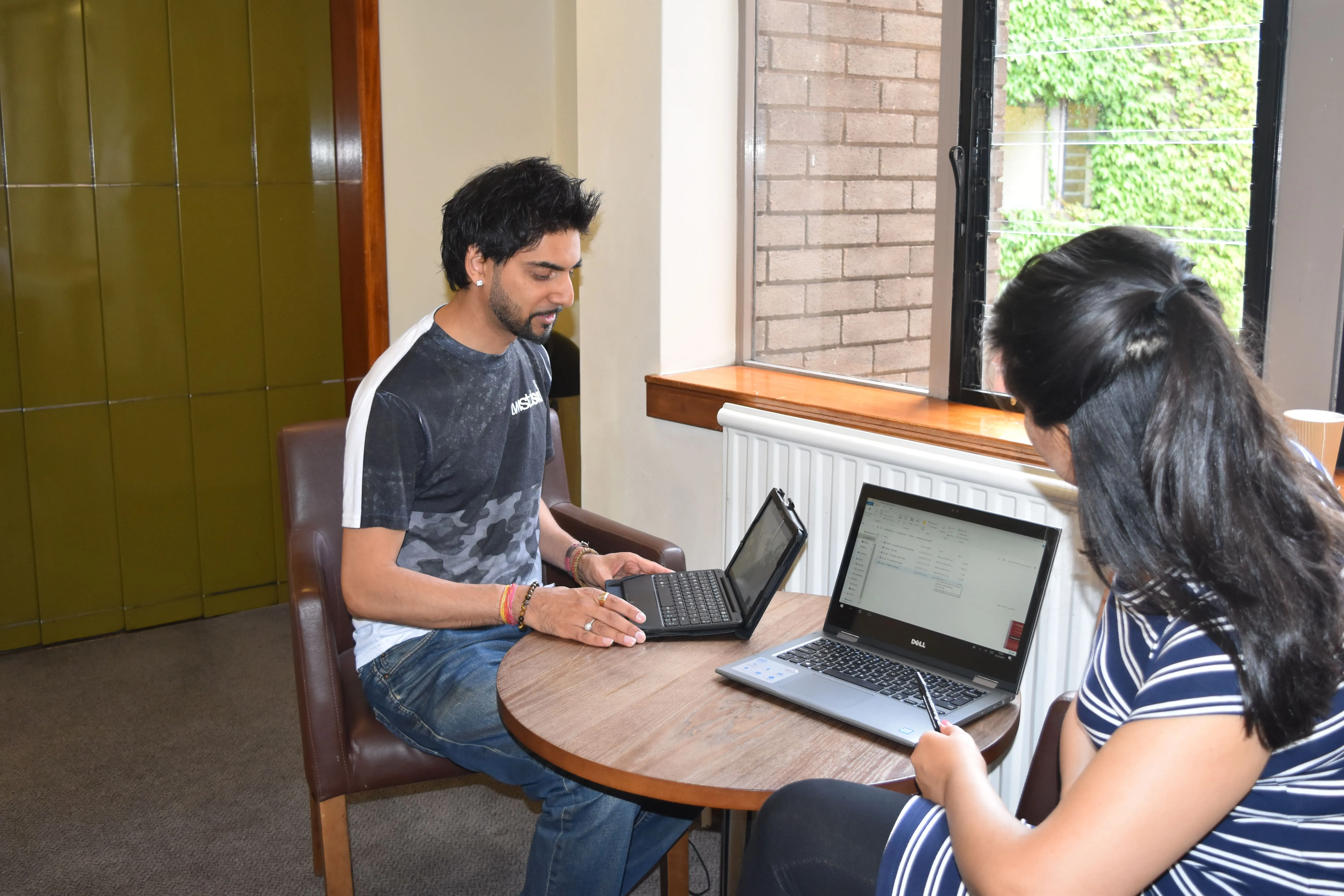
Tier 1
Est enrollment/year = 300
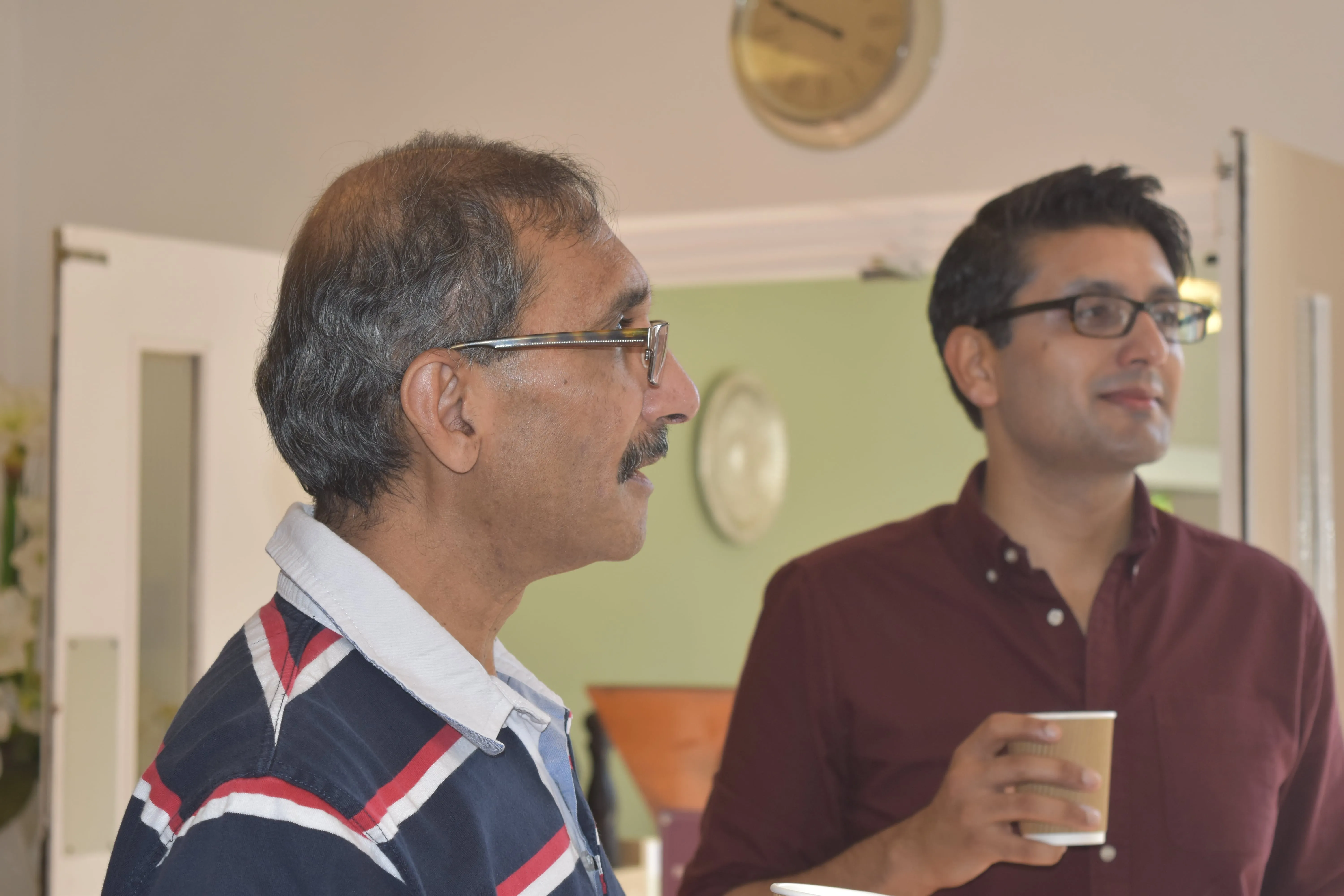
Tier 2
Est enrollment/year = 50
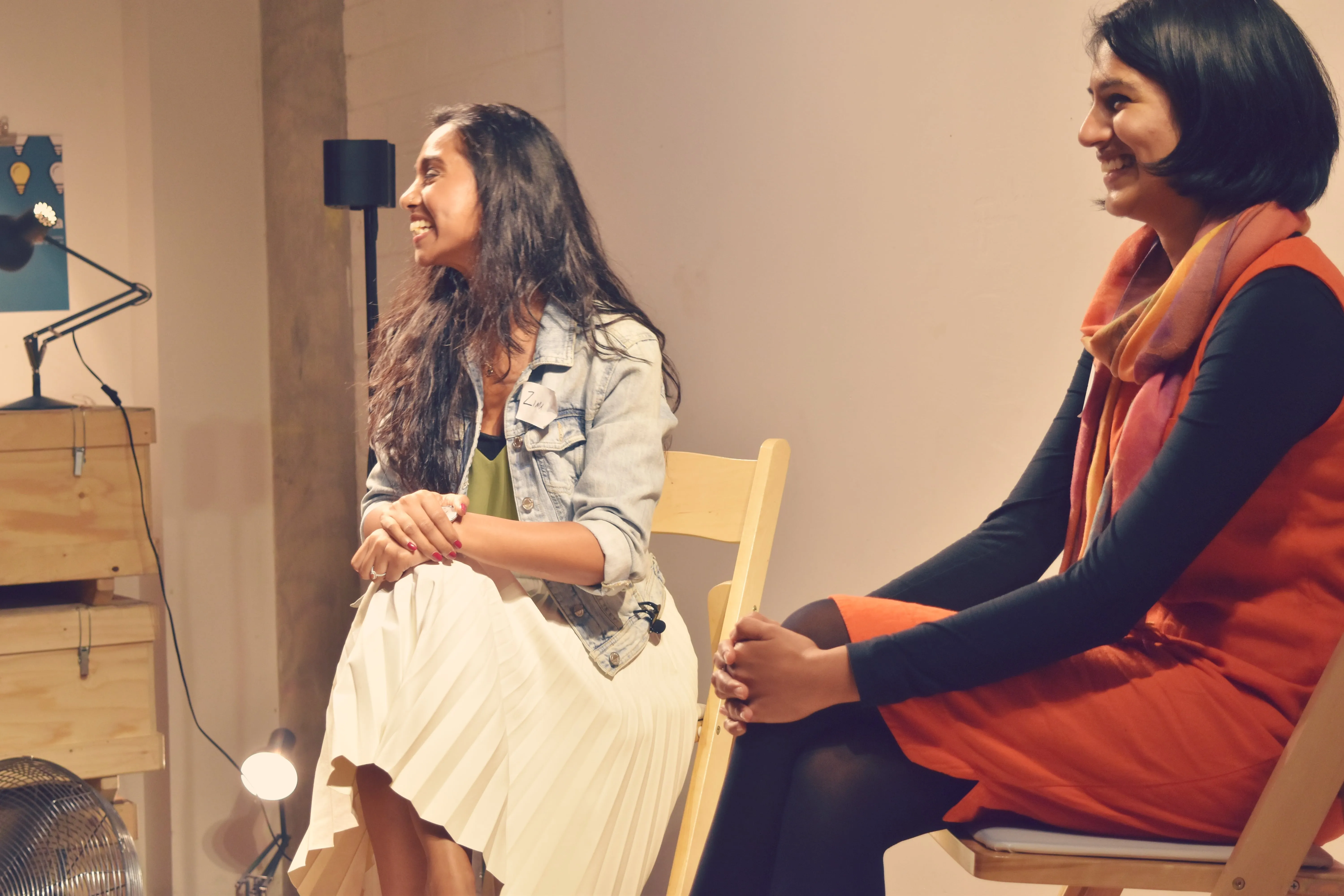
Tier 3
Est fellows/year = 5-10
Tier-1: Entry level Programmes
Option A:
A self-paced short course designed to scale across geographies. It would taking the learner a few hours to consume the digital content. This will provide rudiemntary knowledge and skills to dip into writing and creativity.
Option B:
A focused half-day with a cohort of around 20 people across geographies. These can be facilitator-led.
Option C:
Here, a group of learners enrol as a team. For a set duration, they self-organise and go through a curriculum together over a short period of time (say, three weeks).
All tier 1 programmes should be scalable, regular and act as effective outreach.
Tier 2: Creative & Public Leadership Learning Path
This is the flagship learning path for Tattva.
In the past, we have called this the 'Tattva Authorship'.
It is inspired by various organisations:
- Harvard Kennedy School
- Rasthram School of Public Leadership
- Acumen Academy
- IDEO U
When it comes to the world of public intellectuals and public leadership, the real gems are one's who have spent years studying, exploring and thinking hard about the big questions of life and society. A single curriculum does not replace years of real life experience. It can however set a trajectory and provide velocity. This is the fundamental premise of the Tier-2 programme.
It is a combination of in-person live, and self-paced learning. Though enrollment occurs as a cohort, it is not intended to be an end-to-end programme. Instead, it is a learning path.
Tier 3: Fellowships
Fellowships provide particularly promising candidates to further their research journey and be renumerated by offering scholarships, which could span across 1-2 years. Fellows would represent Tattva's mission and be given special opportunities to take their work to new heights.
Examples include:
- Acumen Fellows
- TED Fellows
- Council of Foreign Relations Fellows
Fellowships should be sponsored and funded.
Submit Feedback and Resources
To build such a curriculum would require the ideas of people who care deeply about the purpose. We invite feedback and suggestions below:
For further information please contact Sneha Purohit at team@tattva.org.uk.
Team
Tattva Coordinator: Vidhu Sharma
Head of People's Team: Rajiv Chandegra
People's Team: Harish Nakum, Bhavin Tailor, Sneha Purohit-Mehta
Updates
Invitation to Call:
Monday 16th January, 21:00-21:40: Welcome to the New Curriculum

